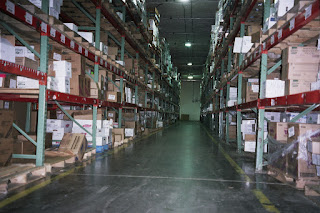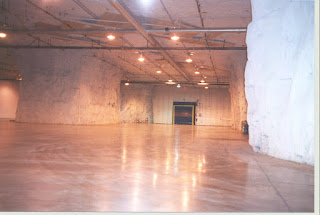Baily International, Inc. leased 46,000 ft.² of refrigerated warehouse space at 498 Bussen Underground Drive, St. Louis, Missouri 63129 from the Bussen Underground Warehouse. The refrigerated warehouse space located in St. Louis County, Missouri has 23,000 square feet of freezer warehouse space, and 10,800 square feet of cooler warehouse space, and 3000 square feet of USDA inspected refrigerated processing space. This freezer cooler warehouse has 6 truck dock doors. The Bussen Underground Warehouse originally constructed the freezer cooler space in 1997 for Kuna Foodservice. The Bussen Underground Warehouse is an underground industrial warehouse complex specializing in temperature controlled warehouse space for lease.
Jim Cronin is a refrigerated building real estate broker in St. Louis, Missouri. Phone 314-994-0577 e-mail J.Cronin@hawkds.com or www.refrigerated-buildings.com or www.hawkds.com




 Jim Cronin, Broker
Jim Cronin, Broker

